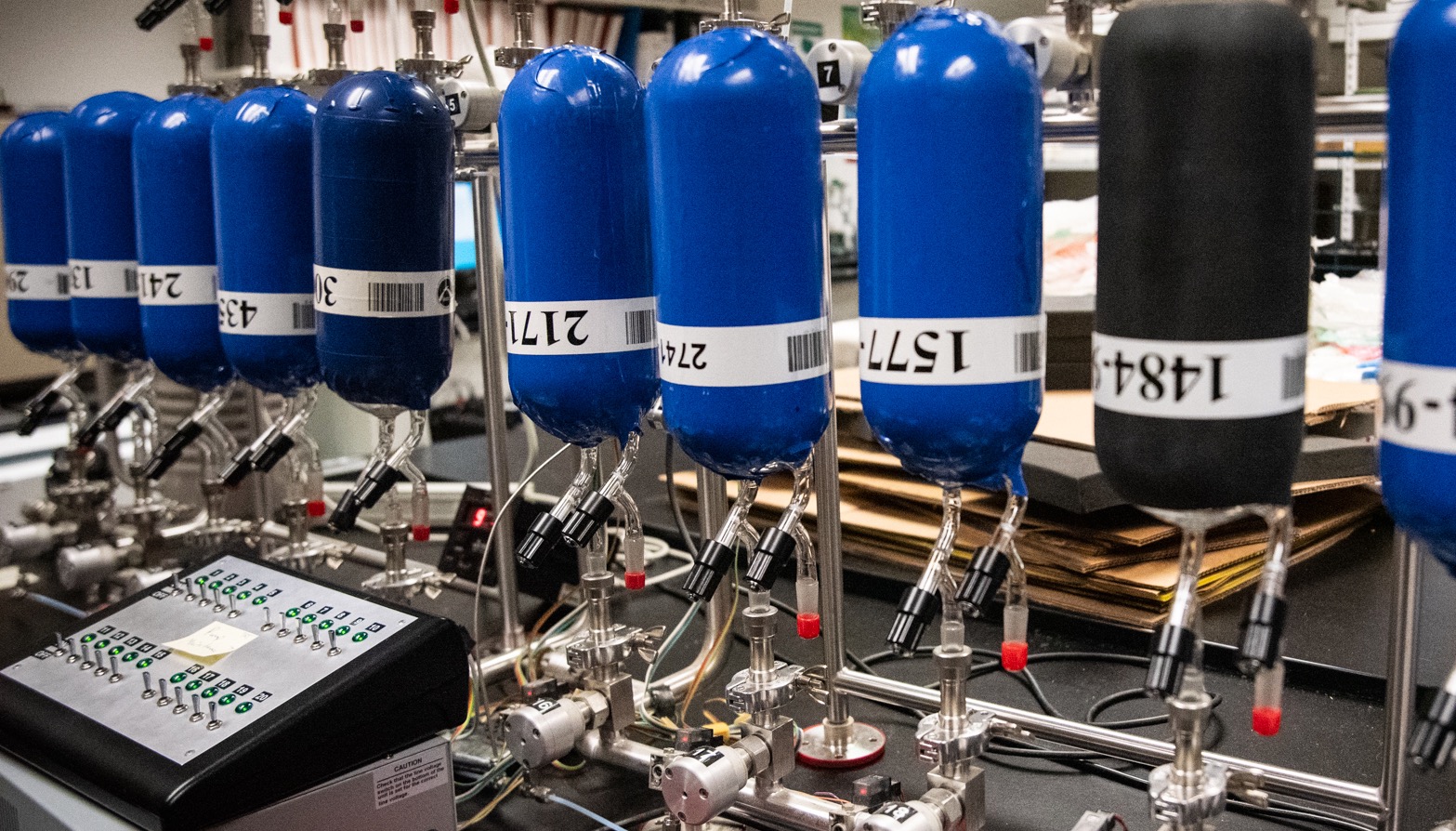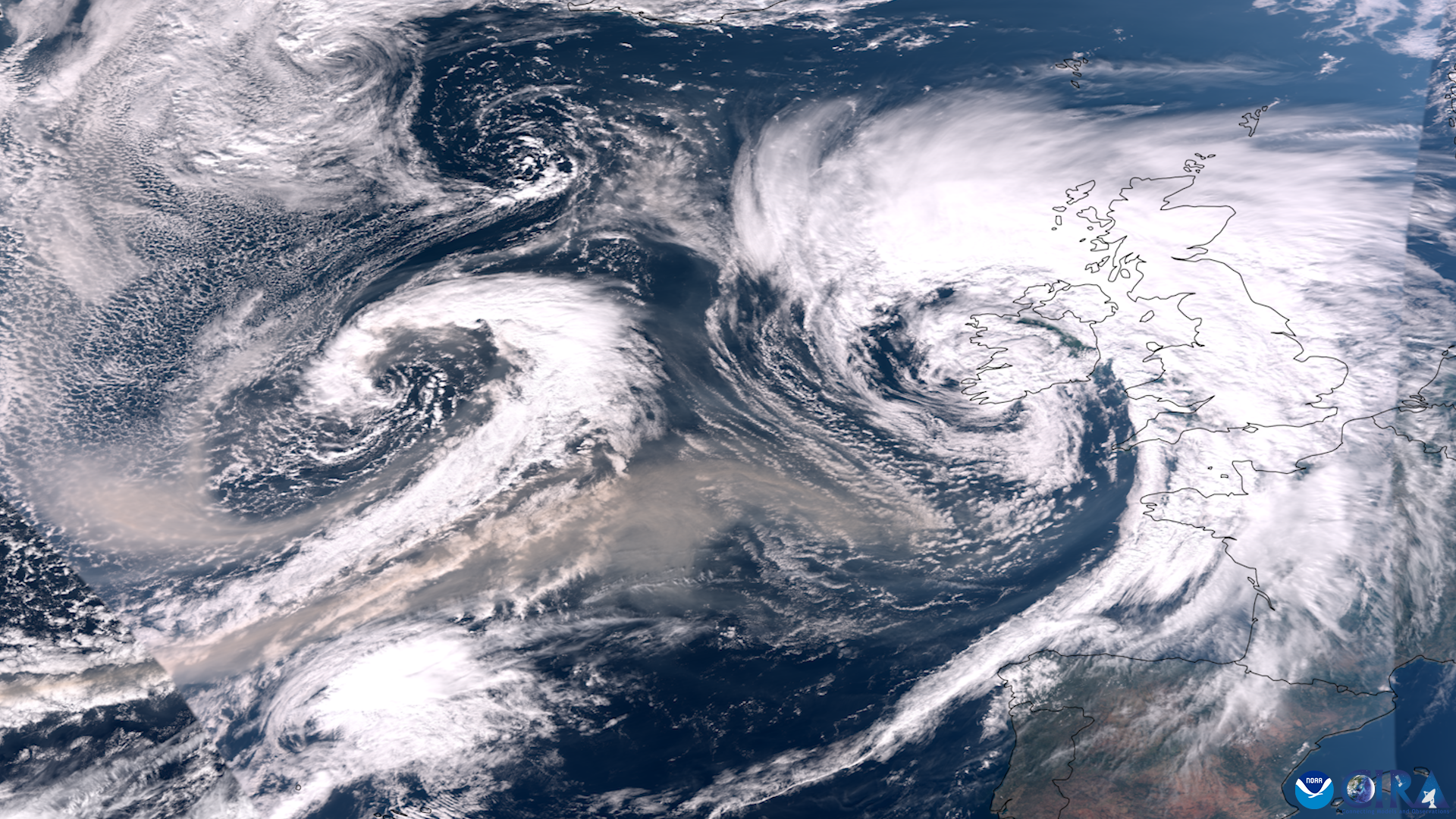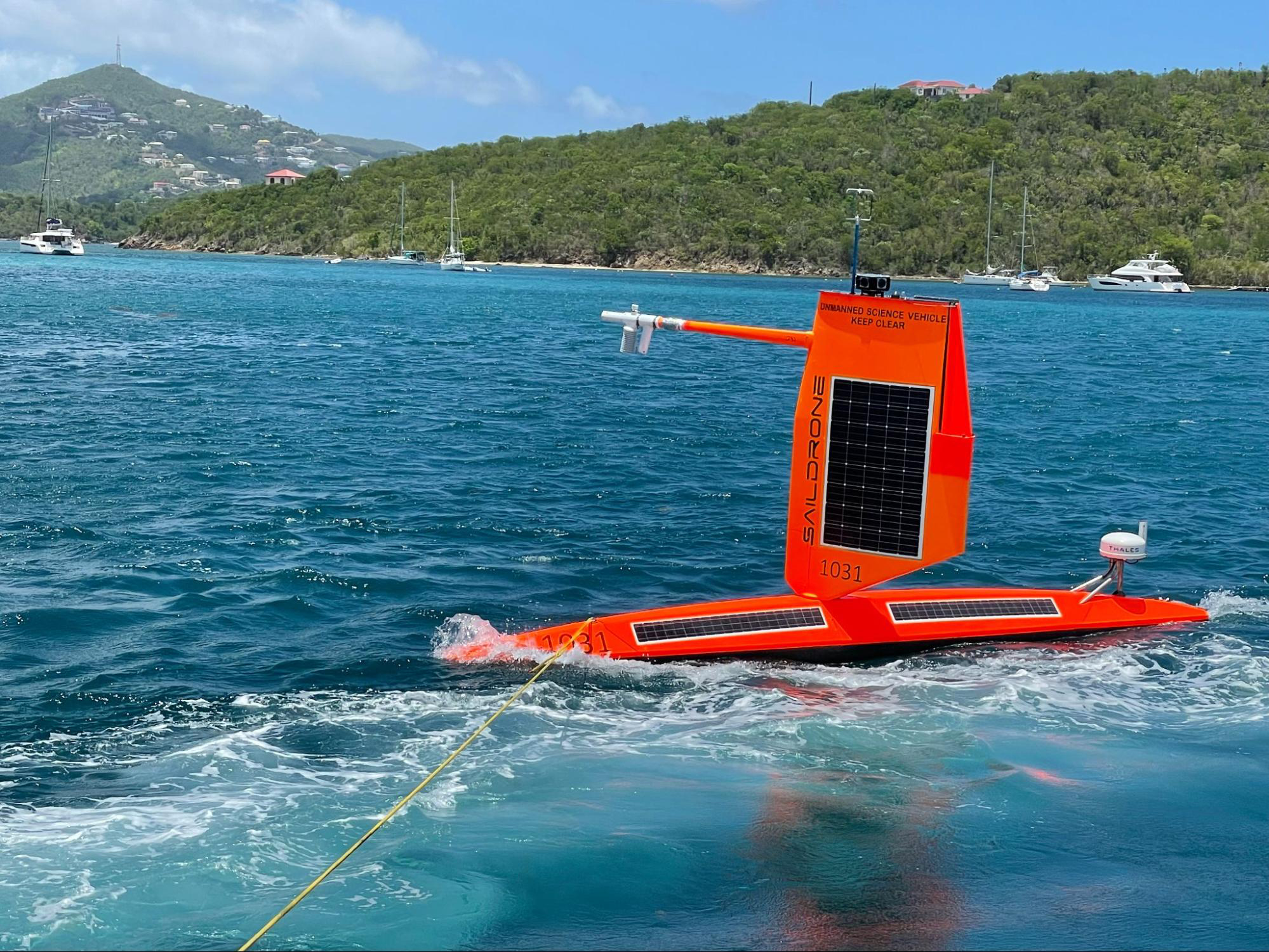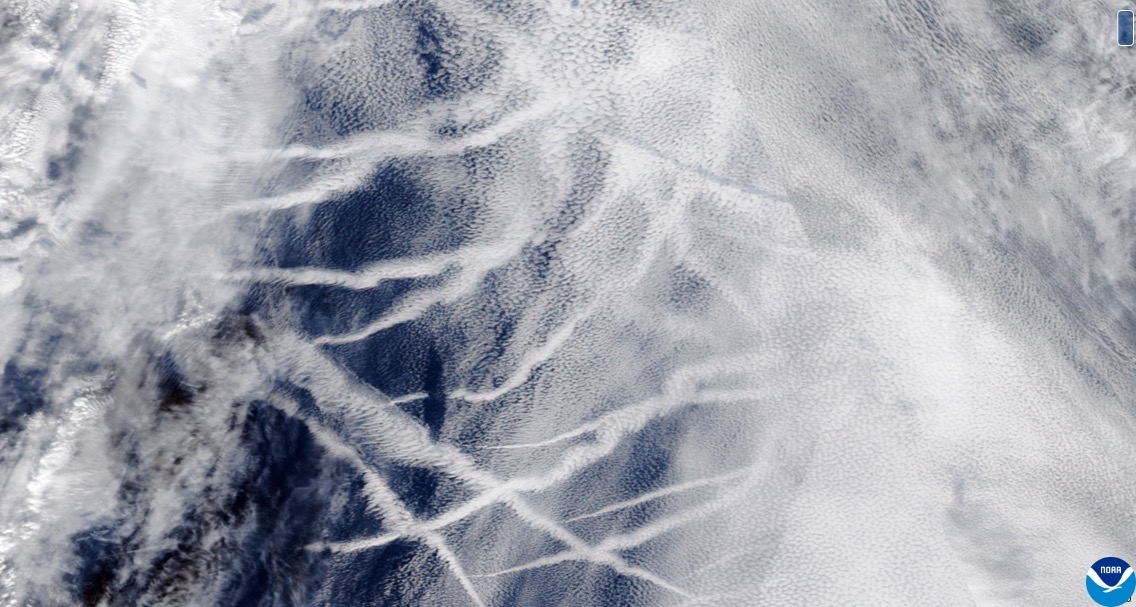At a time when cooperation for a healthy environment is more important than ever, NOAA on behalf of the United States, is playing a key role in bringing together countries from around the Atlantic Ocean to collaborate on ocean research to tackle environmental and climatic challenges. At a time when cooperation for a healthy environment is more important than ever, NOAA on behalf of the United States, is playing a key role in bringing together countries from around the Atlantic Ocean to collaborate on ocean research to tackle environmental and climatic challenges.
In early June, Atlantic nations’ representatives gathered in person in Brazil and online for the All-Atlantic Ocean Research Alliance Forum, co-hosted by Brazil and the United States. This was the first of two meetings taking place this summer, which will culminate in the signing of a new All-Atlantic Ocean Research and Innovation Declaration on July 13 in Washington, D.C. The United States, Brazil and other nations around the Atlantic will pledge to work together to advance ocean research and climate change mitigation, promote ecosystem resilience, tackle marine pollution and advance sustainable and equitable ocean economic development. “These are all critical aspects for how we intend to build out a climate-ready nation by 2030 in the United States,” said Rick Spinrad, Ph.D., NOAA Administrator, who led the NOAA delegation at the June meeting. “An important part of being a climate-ready nation is working with the global community to build a climate-ready world. Understanding the world’s ocean, while mitigating, adapting to, and building resilience against climate change necessitates our collective effort.”
Advancing U.S. ocean science, technology, and sustainable development capabilities through international partnerships enables the U.S. to achieve its goals of safeguarding human health, tackling climate change, ensuring coastal resilience and promoting economic prosperity. Ocean science diplomacy has been accelerating over that last decade and a half. In 2013, the U.S., Canada and the European Union signed the Galway Statement on Atlantic Ocean Cooperation to pledge to cooperate on ocean science for the economic and environmental health of the ocean and North Atlantic nations. Four years later, Brazil, South Africa and the European Union signed the Belem Statement on Atlantic Research and Innovation Cooperation to make a similar commitment to cooperate on ocean science to advance the environmental and economic well-being of the ocean and the people in the nations surrounding the South Atlantic.
The All-Atlantic Ocean Research and Innovation Alliance Declaration will build on the Galway and Belem statements and will be signed in Washington, D.C. during the second meeting of the All-Atlantic Ocean Research Forum from July 12-14. To learn more about the All Atlantic Forum please go online here.
To view the All-Atlantic Ocean Research Forum and signing ceremony for the All-Atlantic Ocean Research and Innovation Declaration on July 13, the public is invited to watch the livestream on the All-Atlantic Ocean Research Alliance Youtube.
The July 13 Forum begins with opening remarks at 8:30 AM EDT, followed by a keynote address from NOAA Administrator Rick Spinrad at 9:15 AM EDT and the declaration signing ceremony at 10:00 AM EDT. For more details on the agenda, please see attachment. For more information, please contact Monica Allen, NOAA Communications, at monica.allen@noaa.gov or 202-379-6693



